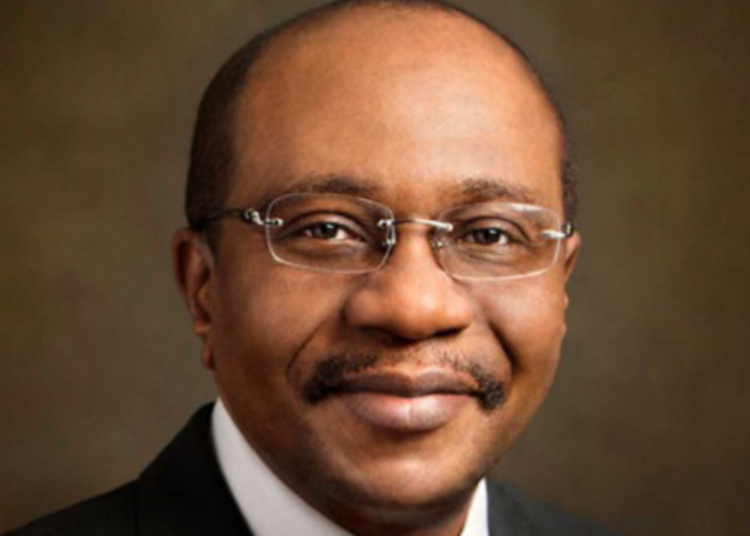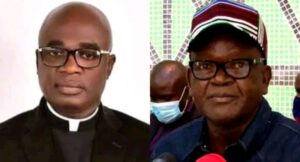
Justice Rahman Oshodi of the Lagos State Special Offences Court in Ikeja has dismissed an application filed by former Central Bank of Nigeria (CBN) Governor, Godwin Emefiele, seeking to challenge the court’s jurisdiction to try him on charges of alleged abuse of office.
In his ruling on Wednesday, Justice Oshodi held that the Economic and Financial Crimes Commission (EFCC) had sufficiently established the court’s territorial jurisdiction to hear counts eight to 20 of the charges. However, the judge struck out counts one to four, ruling that the offences described in those counts were not recognized under any written law.
Emefiele, along with co-defendant Herry Omoile, is being prosecuted by the EFCC on allegations of corruption, acceptance of gratification, and fraudulent property transactions. The agency further accused Emefiele of conferring corrupt advantages on associates in violation of the Corrupt Practices Act 2000. Both defendants pleaded not guilty to the charges.
Through his counsel, Olalekan Ojo (SAN), Emefiele argued that no State High Court in Nigeria has jurisdiction to try him for alleged abuse of office, citing significant constitutional and legal concerns. Ojo also maintained that the allegations pertained to Emefiele’s tenure as CBN Governor and were outside the court’s jurisdiction.
In response, EFCC counsel Rotimi Oyedepo (SAN) contended that the charges against Emefiele fall under the category of economic and financial crimes, which the EFCC is legally empowered to investigate and prosecute. Oyedepo argued that Lagos State was the proper venue for the trial, as the alleged offences occurred within its jurisdiction.
Justice Oshodi, while striking out counts one to four, stated that the actions described, such as the allocation of foreign exchange without a bid, did not constitute offences under any written law. However, the judge upheld the court’s jurisdiction over counts eight to 26, affirming that the evidence presented satisfied territorial jurisdiction requirements.
The judge clarified that his ruling addressed only the jurisdictional challenge and did not assess the merits of the allegations. The case was adjourned to February 24 and 26, 2025, for the continuation of the trial.






